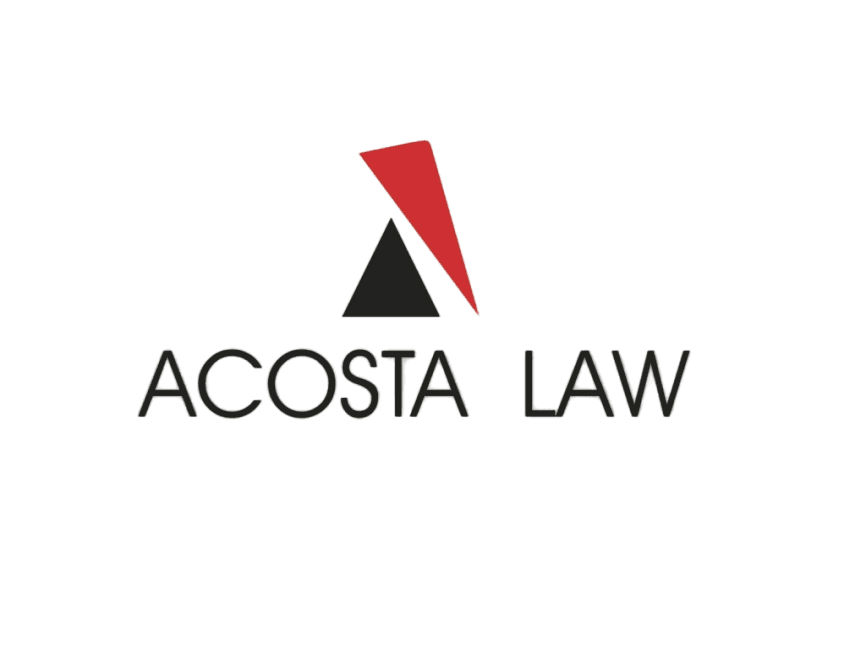Understanding the Differences: Chapter 7 vs. Chapter 13 Bankruptcy
Understanding Chapter 7 Bankruptcy
Chapter 7 bankruptcy, often referred to as "liquidation bankruptcy," allows individuals to discharge most of their unsecured debts, such as credit card balances and medical bills. This type of bankruptcy is designed for those who do not have the means to repay their debts and need a fresh start. The process involves the liquidation of non-exempt assets to pay off creditors.
Eligibility for Chapter 7 is determined through a means test, which assesses your income against the median income of your state. If your income is below the state's median, you may qualify for Chapter 7. It's important to understand that not all debts can be discharged under Chapter 7, such as student loans, child support, and certain tax obligations.

What Happens in Chapter 13 Bankruptcy?
Unlike Chapter 7, Chapter 13 bankruptcy is known as "reorganization bankruptcy." It allows individuals with a regular income to create a repayment plan to pay off their debts over a period of three to five years. This option is suitable for those who have a stable income and can afford to pay back their debts over time.
One of the main advantages of Chapter 13 is that it enables individuals to keep their property, including homes and cars, as long as they adhere to the repayment plan. This can be particularly beneficial if you're behind on mortgage payments and want to avoid foreclosure.

Key Differences Between Chapter 7 and Chapter 13
When considering bankruptcy, it's crucial to understand the fundamental differences between Chapter 7 and Chapter 13:
- Asset Liquidation: Chapter 7 involves the liquidation of non-exempt assets, while Chapter 13 allows you to retain your assets through a repayment plan.
- Debt Discharge: Chapter 7 discharges most unsecured debts, whereas Chapter 13 reorganizes them into a manageable repayment plan.
- Eligibility Requirements: Eligibility for Chapter 7 requires passing a means test, while Chapter 13 requires a regular source of income.
Pros and Cons of Each Bankruptcy Type
Both types of bankruptcy have their own advantages and disadvantages. Choosing the right option depends on your financial situation and objectives. Here are some pros and cons:
- Chapter 7 Pros: Quick discharge of debts, no repayment plan needed.
- Chapter 7 Cons: Potential loss of property, impact on credit score.
- Chapter 13 Pros: Retain property, avoid foreclosure, structured repayment plan.
- Chapter 13 Cons: Longer process, requires regular income.

Choosing the Right Option for You
Deciding between Chapter 7 and Chapter 13 bankruptcy can be challenging. It's advisable to consult with a financial advisor or bankruptcy attorney who can assess your individual circumstances and guide you towards the most suitable option. Consider your long-term financial goals, the nature of your debts, and your ability to adhere to a repayment plan.
Understanding these differences is vital for making an informed decision that aligns with your financial recovery strategy. Whether you aim to eliminate debt quickly or manage it over time while retaining key assets, grasping the nuances of each chapter can significantly impact your financial future.
